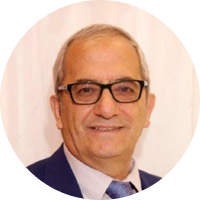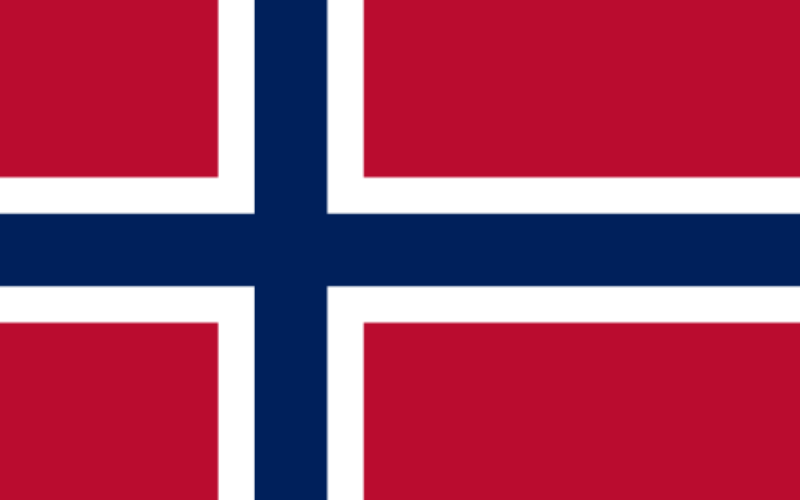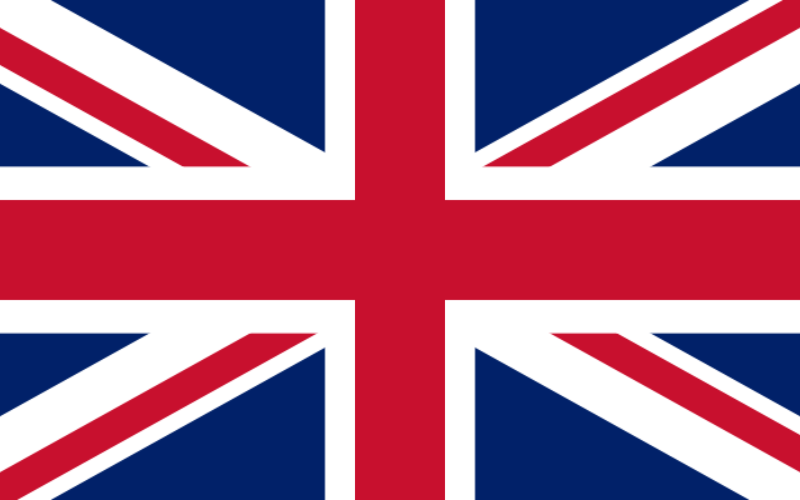
Protruding navel
Some people have a hereditary protruding navel. Others develop a protruding navel after pregnancy or surgery. This can be annoying and create practical challenges in terms of clothing. A protruding navel can be corrected with a relatively simple procedure where the navel is placed back against the abdominal wall so that it looks more natural and sunken. This is done under local anesthesia only or with local anesthesia and some sedation on the side as we recommend. It is important to rule out umbilical hernia before performing such a procedure.
For the first 24 hours, you should rest and lie as still as possible, with your upper body raised. You must keep the navel moist with a Vaseline compress (Jelonet) pushed firmly into the navel and change every other day for the first 2 weeks, then use Q-tips and Vaseline. After 14 days you can shower.
Before surgery
You must be healthy on the day of surgery. If you are in doubt whether you have a cold or similar, please contact us. The operation is not performed when you have influenza with fever, cough or other infection in the body. Before the operation, you will receive a prescription for antibiotics, possibly painkillers and Hibiscrub solution 40 mg/ml, which you can buy at the pharmacy.
The day before surgery and on the day of surgery, you should wash your entire body with Hibiscrub solution in the shower. This is a disinfectant soap that should be rinsed off with water and the skin dried with a clean towel. Put on clean clothes when you leave home. Do not use perfume and lotion. All jewelry, piercings and nail polish must be removed no later than the day before surgery and replaced 7 to 10 days after surgery.
For the best possible result and to avoid complications, it is recommended that you have your normal weight and not an excessively high BMI. If you smoke, or practice nicotine such as snus or electronic cigarettes, you must quit at least 2 weeks before surgery and 2 weeks after surgery.
You must attend the surgery fasting. This means that you should not eat food including fruit, juice with pulp and dairy products 6 hours before the operation, and you should not drink water, juice, milk, juice without pulp or coffee, or chew gum/drops/throat lozenges until 4 hours before the operation. Oral medication that you may need to take on the day of surgery can be swallowed with 1 glass of water up to 100 ml up to 1 hour before the start of anesthesia/attendance.
You must arrange in advance for someone to pick you up at the clinic approx. 1 hour after the surgery, as you cannot drive, take public transport or a taxi on your own.
It is important that you stop taking blood-thinning medication about 14 days before the operation, preferably in consultation with your GP or us. For other medications, please consult the clinic before the operation. A lot of garlic and health food preparations should also not be consumed.
On the day of surgery
You will be met by our staff who will prepare you for the operation before the surgeon sees you. Before the actual procedure, the surgeon will go through the procedure, outline the planned procedure and answer any questions you may have. Anesthesia staff will also come and greet you and answer your questions. When the operation is about to begin, the surgical nurse will pick you up and clean the surgical area while the anesthesia staff give you a sedative in your arm so that you sleep during the operation. In addition, the surgeon will place a local anesthetic in the surgical area for a long-lasting analgesic effect in the surgical area after surgery, which also reduces bleeding in the area.
After the operation, you will be moved to the recovery room where you will have your own bed. You will then rest for 1-2 hours and be served food and plenty of drinks in the form of bread, yogurt and juice (remember to inform us of any allergies). Painkillers are given if necessary.
The surgeon will check on you before your return home/hotel stay and you will be cleared by anesthesia staff before you go home with an adult companion. The PVK attached to your hand will be removed before you leave. A car or taxi must be used as a means of transportation immediately after surgery, we do not recommend public transport or walking.
After surgery
All patients come for a post-operative check-up the day after surgery. We recommend that you do not travel by air for the first 48 hours after surgery. During this time, a check-up appointment will be arranged in the clinic and you should come to the clinic for a check-up the day after surgery.
In the first few hours after surgery, you may feel a little tired and sometimes a little nauseous. It is important that you take painkillers as prescribed and as needed, and make sure you drink plenty of fluids for the first 24 hours. Some people may feel a little dizzy, so it's a good idea to take a few minutes to get up. For the first two days, you should rest and lie as still as possible, with
We close the wound with stitches that dissolve on their own.
The final result can only be assessed after 3-6 months. Follow-up check-ups are arranged with the clinic; the day after surgery, after 1-2 weeks and 3-6 months, as well as a final check-up after one year. You must call to arrange the check-ups yourself, or make an appointment with the clinic on the day of surgery.
Bleeding and infection are uncommon and in very few cases require reoperation and/or antibiotic treatment. Anesthetic complications, such as allergic reactions to anesthetics, are extremely rare.
If correction is necessary due to complications or unsatisfactory results, this is done free of charge within one year, provided that there is a medical indication and a clear potential for improvement. This is our guarantee period.
Where to stay
If you live far from the clinic, we recommend that you stay overnight in or near Oslo.
Oslo Plastikkirurgi has agreements with both Hotel Gabelshus, Gabelsgate 16 and Frogner House Hotel Norum, formerly Rica Hotel Bygdøy Allé, Bygdøy Allé 53 - both located in the immediate vicinity of the clinic.
Please contact us for more information about booking a hotel room.
Ask for guidance and advice
We can provide the best advice face-to-face. We will guide you to the optimal solution for your needs.

The responsible physician is Dr . Amin Kalaaji, senior consultant dr.med, specialist in plastic surgery and head of clinic at Oslo Plastic Surgery, and head of the Norwegian Society for Aesthetic Plastic Surgery (NFEP) 2018-2020.
Dr. Kalaaji holds many positions and gives lectures and training around the world. This benefits all our patients as he is always up to date on the latest and most advanced treatments and surgical techniques.
Patient safety, high quality and individual treatment are always our top priorities at Oslo Plastic Surgery.




